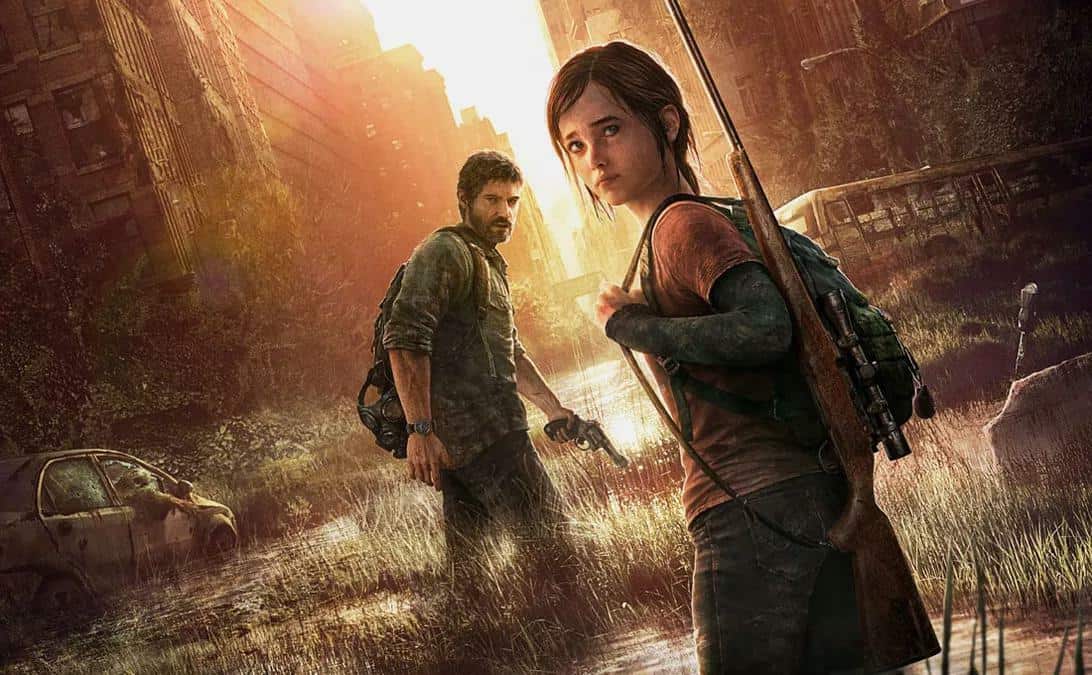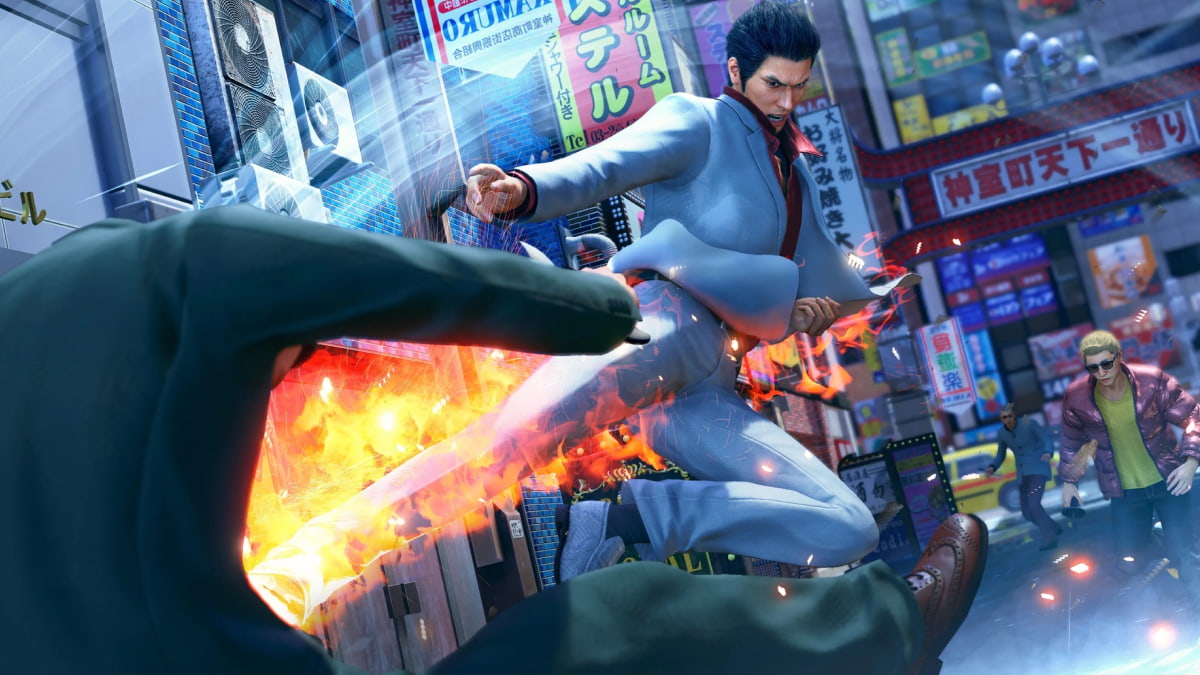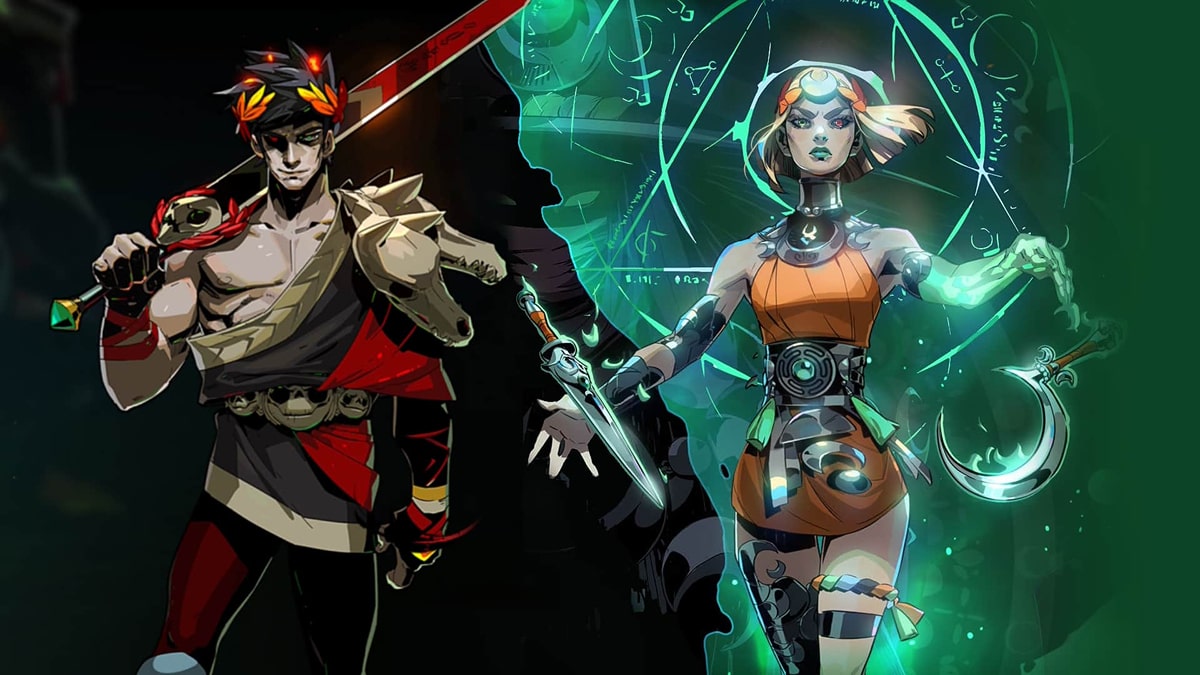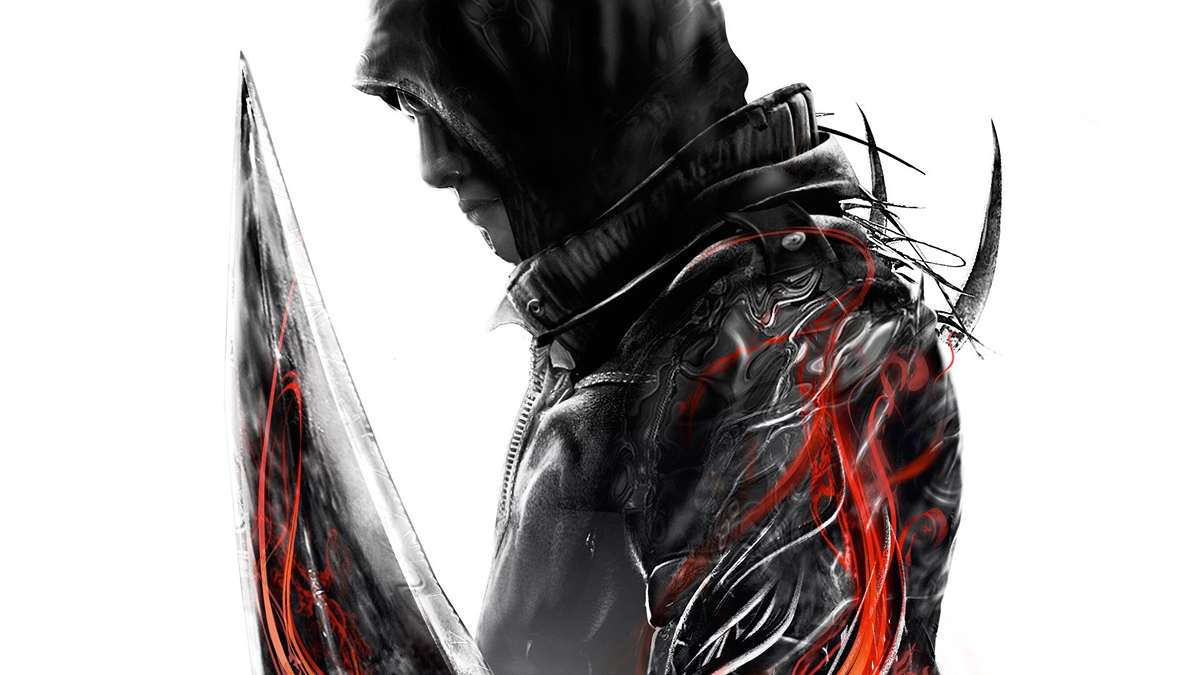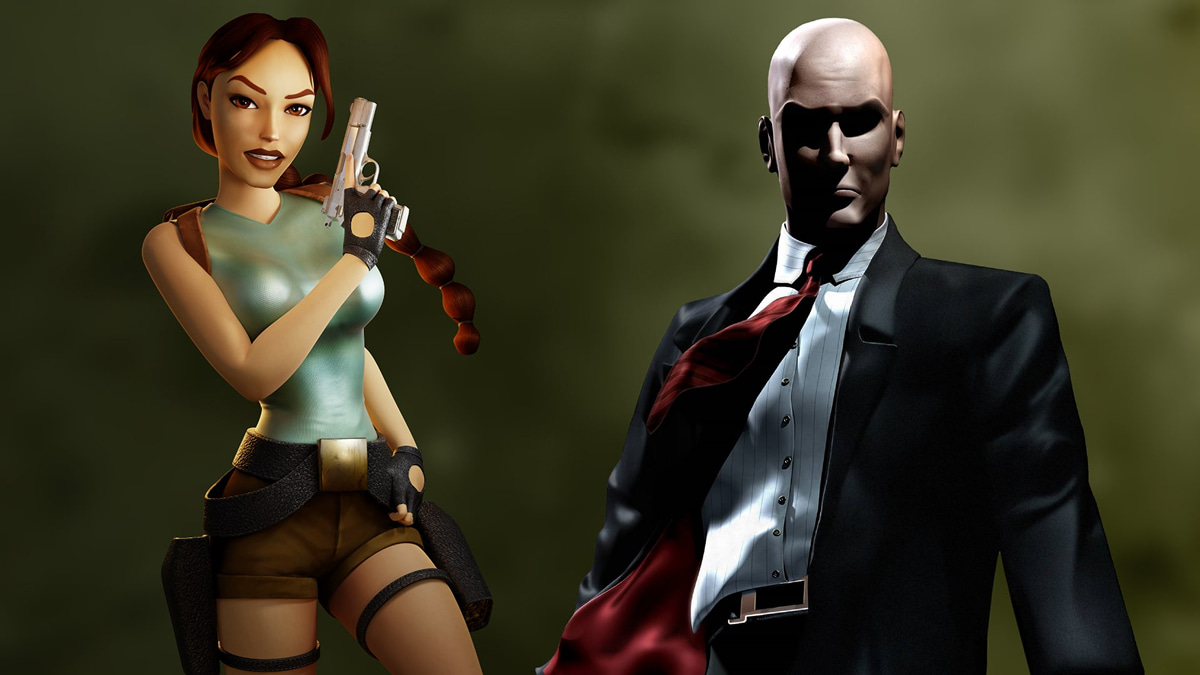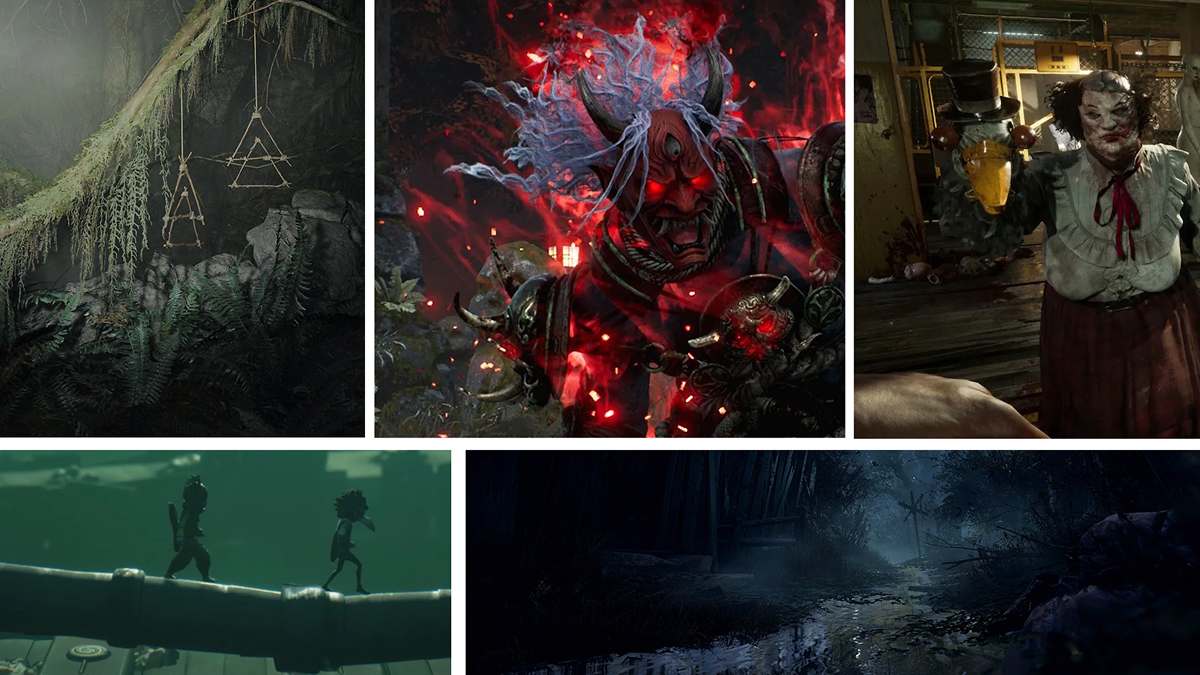You can trust VideoGamer. Our team of gaming experts spend hours testing and reviewing the latest games, to ensure you're reading the most comprehensive guide possible. Rest assured, all imagery and advice is unique and original. Check out how we test and review games here
NOTE: MEGA SPOILERS
This week I finished playing, and got around to watching, two of the biggest pieces of zombie/post-apocalyptic flavoured media ever released (and, if you believe the various whispers, two of the biggest ever projects undertaken in their respective industries, money wise). The former was The Last of Us, which – as you may know – we love around these parts. The latter, World War Z: Brad Pitt’s faintly embattled business class tour of a world ravaged by a disastrous zombie pandemic.
Both have a lot on the line. The Last of Us has been hyped as the biggest, most emotionally involving game of this (or any) year, and World War Z had more money put into it than Vegas casinos, needing to sell about 60 tickets to everyone on the planet to make its money back.
Both succeed in what they set out to do, but it’s the levels of success that are the interesting part. World War Z – as both an investment and a springboard for future sequels – needed to make a profit, and it looks like it’s going to do just that. But to get that injection of cash it needed to appeal to as broad an audience as possible, which means that this particular zombie outbreak has less gore in it than Mortal Kombat on Game Gear.
It’s also extremely flat, in dramatic terms. Brad Pitt isn’t going to die, his kids aren’t going to die, his wife isn’t going to die – there’s too much talk of sequels for that, and besides, no-one in Hollywood has believed in audiences leaving the theater on a downer since the 70s. Also, he’s Brad Pitt. I doubt that he can die in real life, let alone as a blonde-haired, blue-eyed saviour of the world in Marc Forster’s movie. As the credits roll, there’s been little sense of drama or intrigue – just pyrotechnics, Malcolm Tucker, and some of the most obvious product placement this side of Spider-Man 2002.
The Last of Us is also predictable, but it’s also quite progressive, and it demonstrates one of the strengths that games still have left over their filmic counterparts – no reliance on star power (generally) means that all bets are off. Anything can happen, anyone can die. More importantly, however, anyone can live, even if they really shouldn’t have.
The game conditions you into thinking you’re the good guy – you’re looking after a little girl! Who’s the saviour of the world! And bad men are trying to, among other things, kill her! And then it turns out that Joel decides this world isn’t worth saving before entering an uneasy mutual lie with his charge! Wait, what?
The notion of black and white doesn’t exist in this version of America. Joel’s daughter isn’t killed by the infected, but is instead shot by a man representing government. Ellie’s main opponents aren’t mindless zombies; they’re calculating human beings who have realised that they’re pretty much screwed and will do anything to survive.
The best part of that, of course, is that Joel used to be a hunter himself. He confesses to ambushing people, and his brother recounts that he still has nightmares from their time surviving in Boston after the outbreak. But he’s not a ‘bad’ dude, because the rather artificial boundaries between good and evil are gone. There’s dead, not dead and a horrible in-between.
And, for a good portion of the game, Joel’s pretty much a zombie himself. A stopped clock, like the one on his wrist, never able to get past his daughter’s death, and willing to do anything not to face up to facts. It’s not surprising when the ending rolls around and he’s gone totally upriver. Who would want to save this steaming turd of a world? No-one, and that’s why the game works so well: you think you’re saving something, but by the end you realise it’s not worth the effort.
My first thought was that I would have wanted to sacrifice Ellie for the good of mankind. Today, I realise that there’s nothing actually worth saving in Naughty Dog’s world, and that Joel, the murderer, bandit, and free-word dooming sumbitch, is perfectly right to do what he has done.
But it’s not just the representation of Joel where other developers and certain filmmakers can learn a thing or two. The representation of female characters in The Last of Us is very good. At no point did I feel like I was explicitly playing as a female – there’s none of this scantily clad, faster/less health, noise. Did I feel weaker, more vulnerable as Sarah or Ellie? Yup, because they’re children, not because of their gender (and then, of course there’s Tess and Marlene).
Contrast that with World War Z, where Brad Pitt’s two young girls are either shellshocked or screaming, expositional brats, and his ‘adopted’ son has a steely reserve after seeing things that would kill most men. And then there’s his wife, off-site support basically, whose sole purpose seems to be to provide a ‘please turn off your phone’ gag that gets loads of people murdered. Israeli soldier Segen is the closest thing to an actual character, but that’s not really a compliment – with her cropped hair and need to be rescued, and refusal to even accept a name – Segen is her military rank – it’s hardly better.
It’s another area where Naughty Dog succeeds, while Paramount, Brad Pitt and his production company Plan B fall down. Games have been wanting to be films for so long that they’ve spent years copying them, their beats, even hiring their actors and writers. Not many have gotten close to the ideal, mainly because they haven’t actually understood what makes them work. One of the key differences between the mediums is that games have generally always been predicated around winning. Movies don’t have to be fun, and no-one has to win.
Nothing in The Last of Us can be considered a win. Defcon – another game that depicts all-out destruction of civilisation – has a great tagline which sums it up: ‘You can’t win, but maybe you can lose the least.’
The Last of Us emphasises this beautifully, in a way that big-budget movies now, perversely, cannot. Granted, World War Z isn’t the greatest movie in the world. The Road is probably a closer comparison. But as a film released around a similar time, and with a similar theme, to The Last of Us, it fails miserably to elicit any emotion other than mild amusement, and it all comes down to having to play it safe so the sequels can follow.
Which is ironic, really, seeing as Naughty Dog’s world – and the developer’s intentions towards it – is more conducive to the sort of documentary-style, individual perspectives on the conflict that Max Brooks’ novel is famed for. Speaking to Kotaku, writer and creative director Neil Druckmann stated that The Last of Us says all it needs to in one game but that the door is open for other stories.
There are natural avenues to explore, should the team wish to make a sequel. Joel and Ellie’s story could continue, as age, mistrust and the environment conspire to break them down. Then there are other survivor’s tales from all over the globe (it is a worldwide infection): seeing how it plays out on the west coast, in the UK, europe etc. would provide greater insight without damaging what went before. By placing 20 years between the prologue and the campaign proper, Naughty Dog has given itself plenty of room for invention.
But even if there aren’t anymore stories, it has proved you can have a high-profile, big budget, mainstream-orientated tentpole release with a bit of brains. Just not, this year at least, in film.

/https://oimg.videogamer.com/images/f2e3/the_last_of_us_139.jpg)
/https://oimg.videogamer.com/images/106a/the_last_of_us_87.jpg)
/https://oimg.videogamer.com/images/eccf/the_last_of_us_100.jpg)
